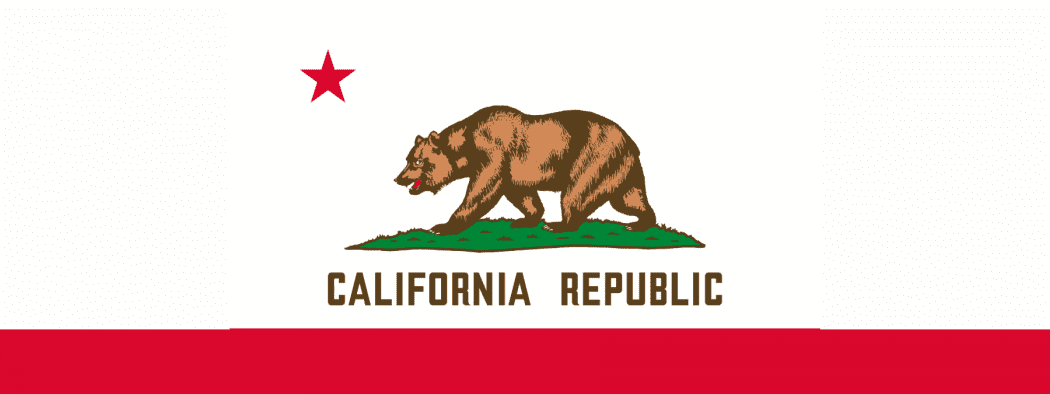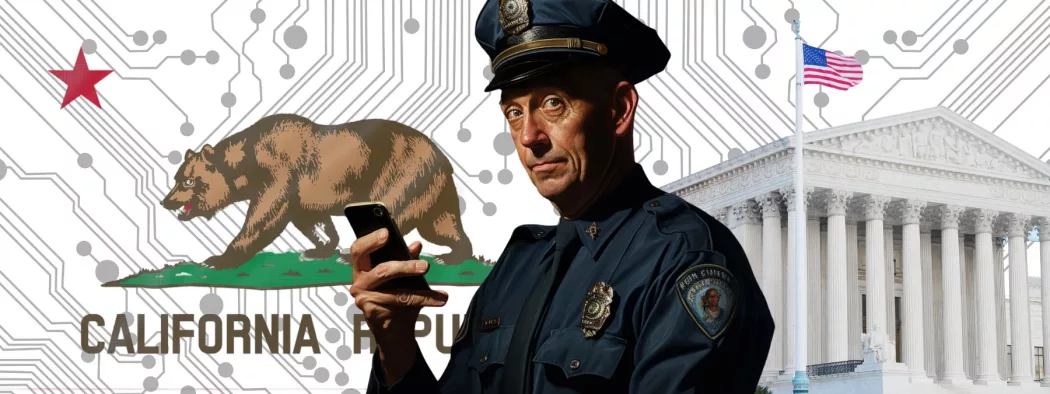Dropbox is one of the most well known cloud-based file hosting service that offers a platform for users to sync, share, and access files and folders across various devices and …
Writing Cash App Search Warrants
Cash App holds a position as a leading mobile payment service, but often finds itself at the intersection of crime and digital finance. Law enforcement encounters Cash App in a …
California AB 1242: Search Warrant Abortion Attestation
On September 27, 2022 the California State Governor passed AB 1242 into law, effective immediately. The California law impacts search warrants, pen register, trap & trace, and wire tap in all 50 states. Simply put, electronic service providers based in California are prohibited from complying with legal process if the investigation involves abortion.
Search warrants, regardless what State they are written in, must include an attestation that the evidence sought is not related to a prohibited violation regardless of what State they are issued from.
Writing Google Geofence Search Warrants
The Google geofence is the criminal investigative technique that many consider a “magic pill” for their cases. It has the unique ability to identify unknown suspects, but it has limitations. …
Writing Facebook Search Warrants
With over 200 million Facebook users in the United States, almost every Investigator will be writing Facebook search warrants in their career. Facebook, a product of Meta Platforms Inc., is …
Writing Snapchat Search Warrants
Snapchat is one of the most popular social media apps worldwide; with over 106 Million daily active users in the United States, Snapchat is likely to be a part of …
California Electronic Communications Privacy Act: CalECPA Mandates.
The California Electronic Communications Privacy Act (CalECPA) is a comprehensive privacy law that protects citizens and guides law enforcement towards judicial oversight. Introduced in 2012, CalECPA covers communication, data stored within electronic devices, and a person’s location. It ensures that individuals are notified when their online records, such as social media accounts, are targeted by search warrants. CalECPA emphasizes search warrants as the preferred method for collecting digital evidence, with judicial review serving as a safeguard for citizens’ privacy.







